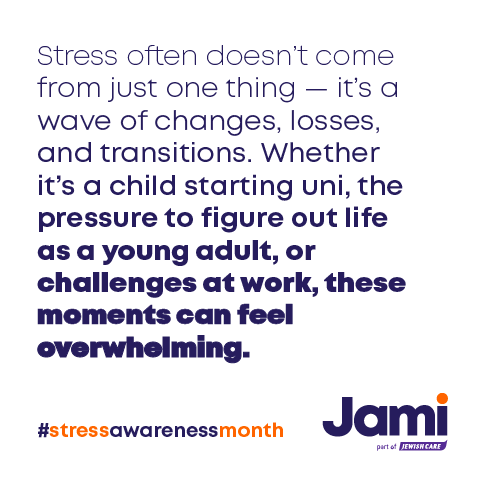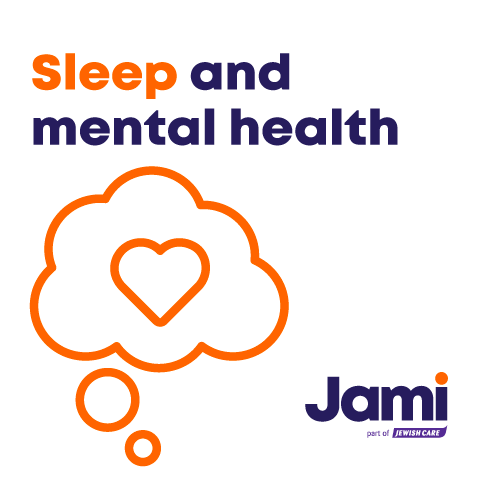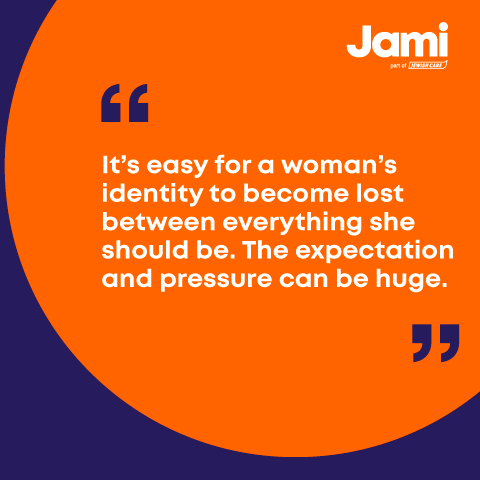
April is stress awareness month in our blog we remind ourselves that stress is often not caused by one thing but by a build-up of events or situations that eventually make us feel overwhelmed.
“When sorrows come, they come not single spies. But in battalions.”
A quote from Shakespeare’s play, Hamlet. The Bard knew a few things about the human condition.
When we feel weighed down by stress it often seems that a cluster of life experiences and events have come together to create the perfect storm. In the end it might be something relatively small that tips the scales and we find ourselves feeling low, perhaps empty, as if we’ve nothing left to give. We feel angry or sad and these disconcerting emotions accompany our experience of stress.
October 7th has brought specific stressors into our lives that we could never have predicted and for many of us that has added heavily to our loads.
The only constant is change
The times that cause us the most profound experiences of stress are usually ‘transitions’ i.e., moving from one part of our lives to another. Change brings with it a maelstrom of emotions and we end up in a tailspin as our minds struggle to compute what is going on.
Often the transition brings loss. Your son or daughter goes to university, a fantastic opportunity for them, right? In theory yes, but even they might have mixed emotions about moving away from their ‘secure base’ and striding out into the world to claim their individuality.
And for the parent or carer, it is a kind of loss. A loss of having your child in your home or even a loss of the feeling that they are a child at all anymore. The transition to university is often a key stage in the transition to adulthood and independence. It is hard to overstate the challenge of accepting that they have autonomy now and no longer need you the way they once did.
For young people it may feel that transitions and stress are constant. As you move through school, into university and post-graduation, the shifts in your identity and place in the world come at you with a frequency you probably won’t experience again for the rest of your life.
Pressure to succeed academically and to ‘know what you’re going to do with your life’ can feel extreme. Alongside that, you have to manage change and conflict in friendships, intimacy and sexuality, your online persona, and perhaps big questions about identity and belonging. No wonder our teenage years can be some of our most stressful.
Transition means leaving something behind but also finding something new. Perhaps more freedom, a sense of letting go of something that we’ve been holding onto. To accept the situation, we must spend some time with our mixed emotions.
Practising radical self-care
We need to manage transitions and our feelings about them with radical self-care, meaning not just thinking about it, but actually doing it! And self-care is something we need to practise – learning how to take care of our bodies and our minds is a lifelong journey.
Our bodies and our minds go hand in hand. So, start by owning your stress: we can’t control the circumstances that cause us stress, but by practising self-care we can make sure we’re well-prepared to respond to stress when it comes.
What good self-care looks like will be unique to you. But a good place to start is anything that gives your mind a rest from everyday pressures and allows you to just experience the simple joys of life. A walk on a breezy day, a good read, a workout, a run, some gardening, a chat with a good friend. These acts of self-preservation will help us maintain our wellbeing and come back from stress.
Sometimes self-care means taking a mental break from what’s stressing us. Contrary to our instincts, pressing pause on our thought processes and giving ourselves time to unwind can allow us to focus and gain some clarity. It may not feel like the best way to get things done, but by taking a break we actually do become more productive.
Stress also induces guilt. We might feel like we’re failing, at work, as a parent, as a partner or in any of many other roles. We might feel constantly that we should be doing more, especially to try to control our circumstances. But in the same way you can’t stop the rain or turn back the tide, you can’t always control what’s going on in your life. So allow yourself some relief from that pressure.
You don’t have to do it on your own
But self-care isn’t just a solo project. When we’re going through transitions and times of stress, it’s crucial that we open up to those we trust and talk about how we feel. Sometimes we’ll also find it really helpful to share our stresses with a professional or a community of people with similar experiences.
We may not be able to avoid the troubles and stresses of life, but we can deal with them by connecting with others, looking after ourselves, and sometimes accepting we need some extra help.


